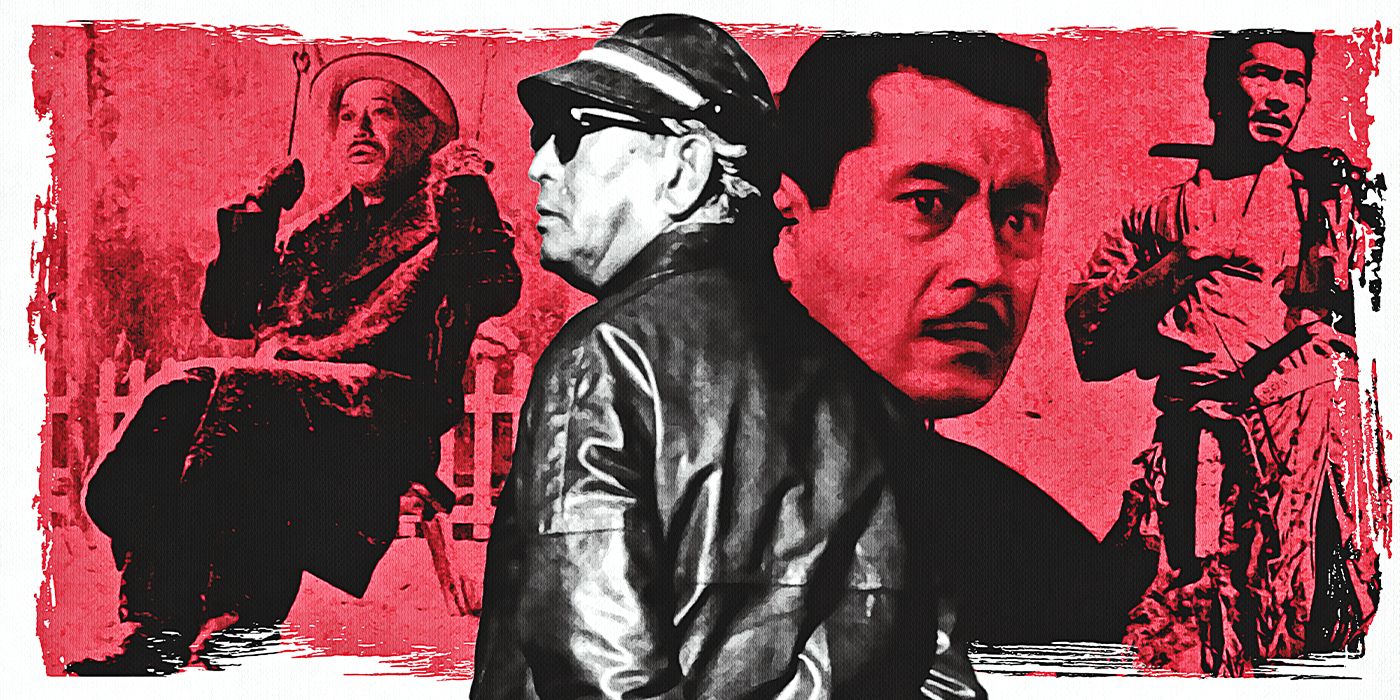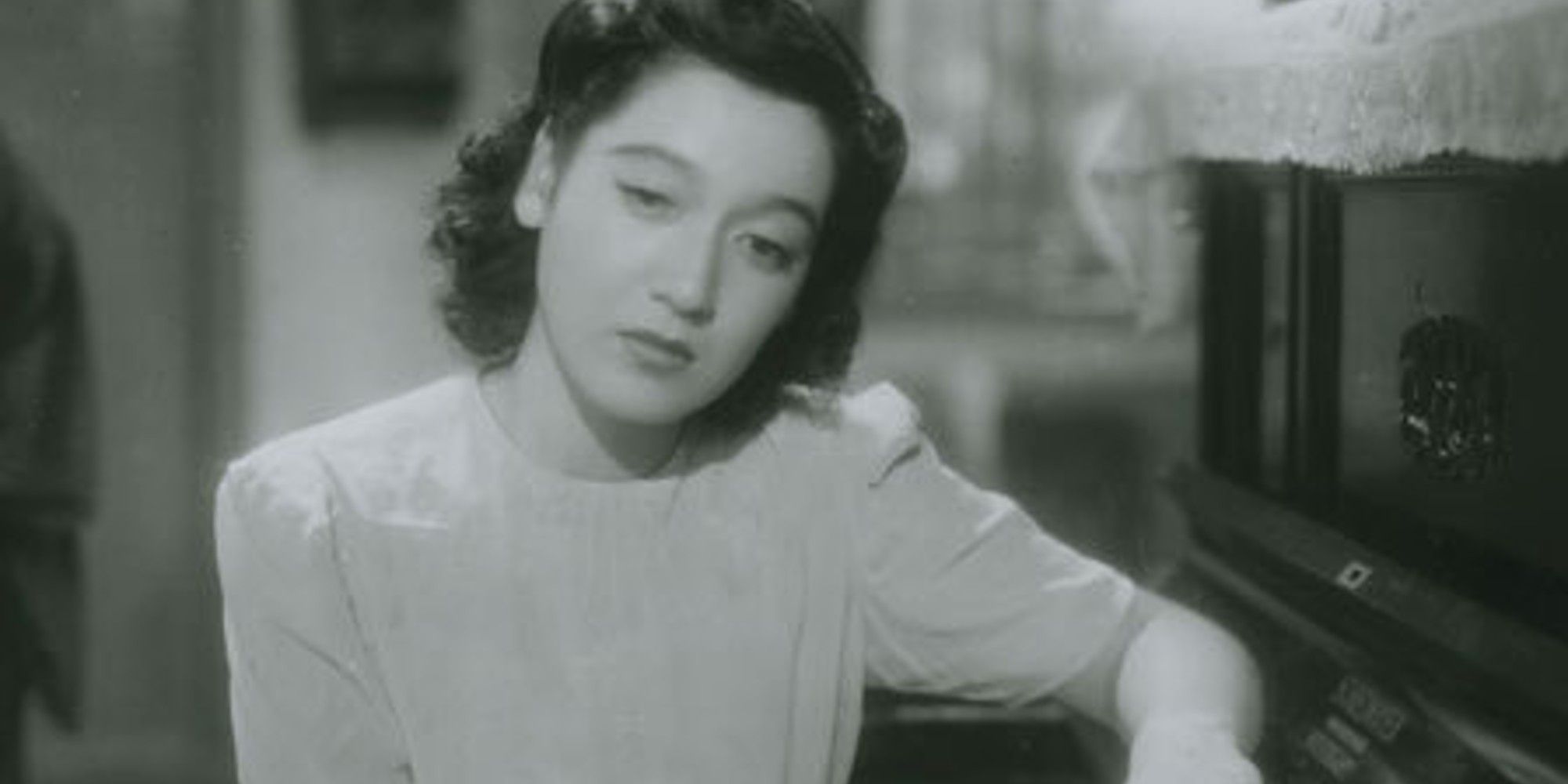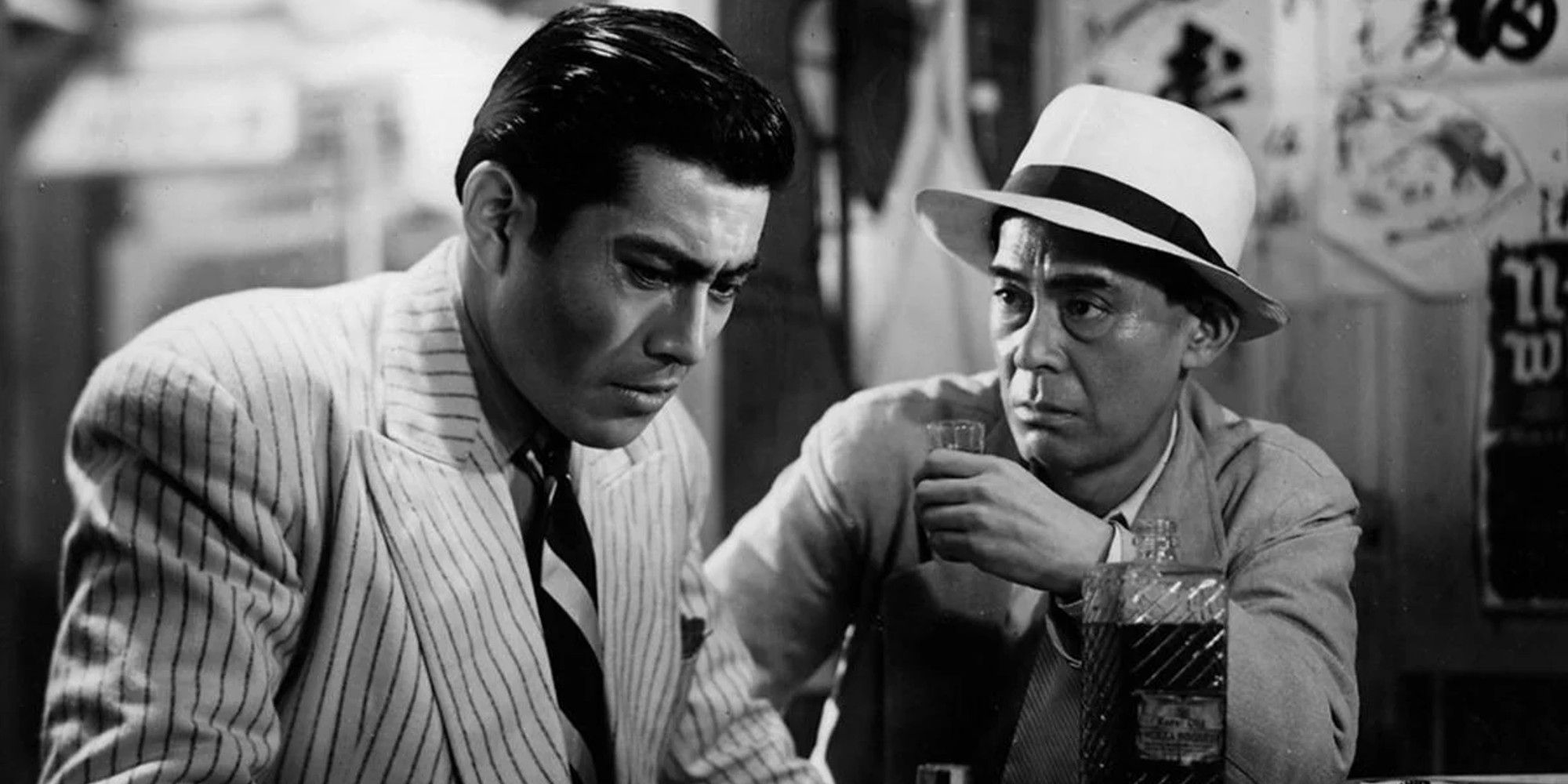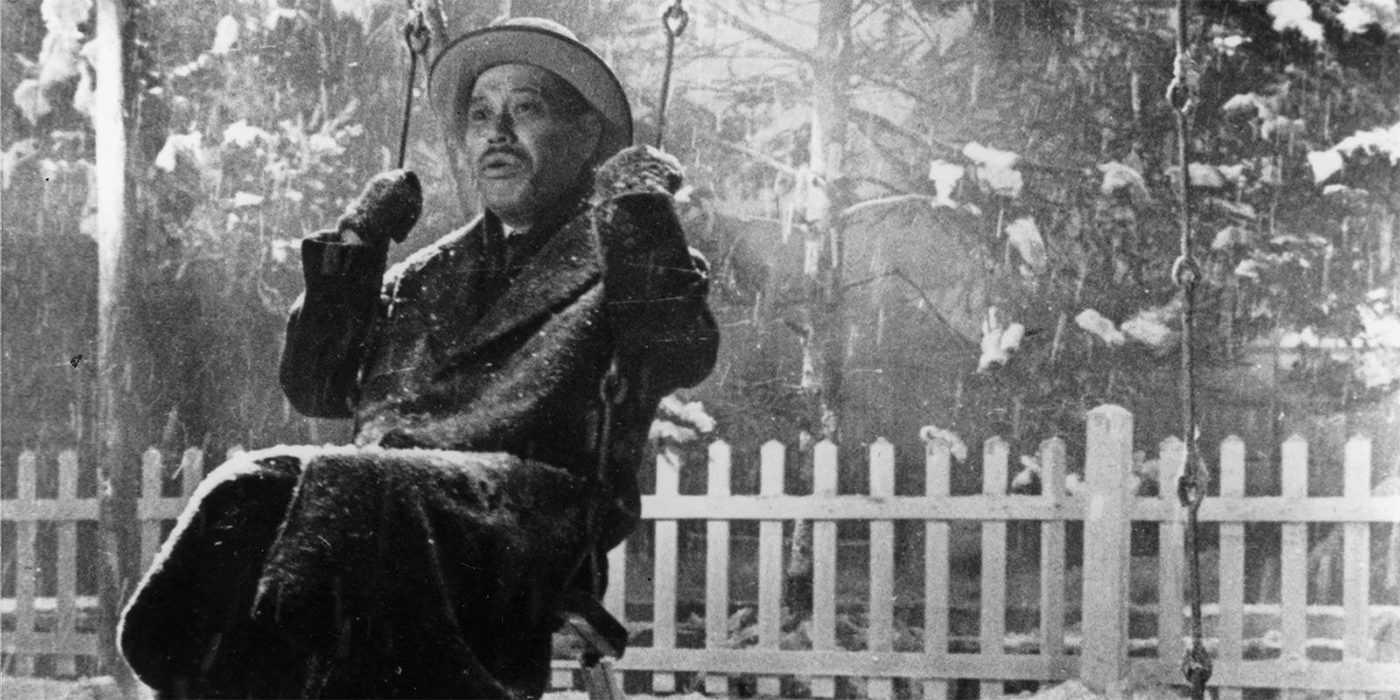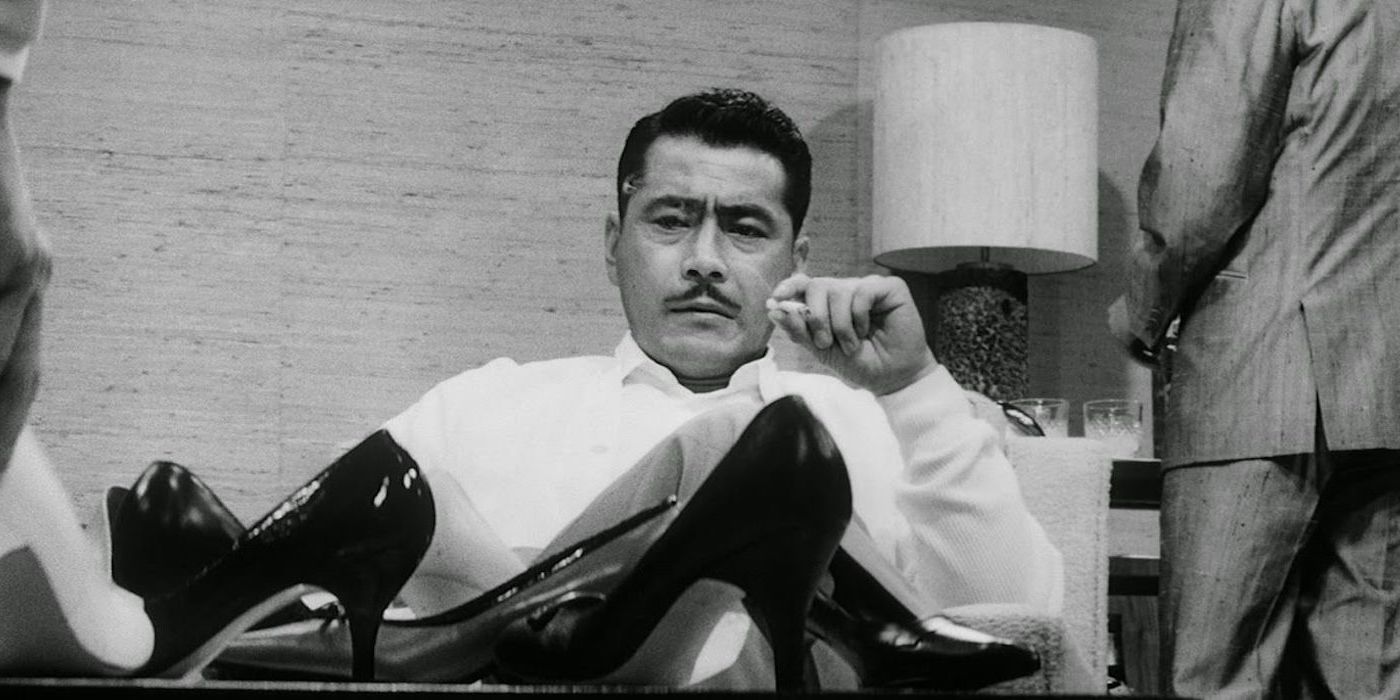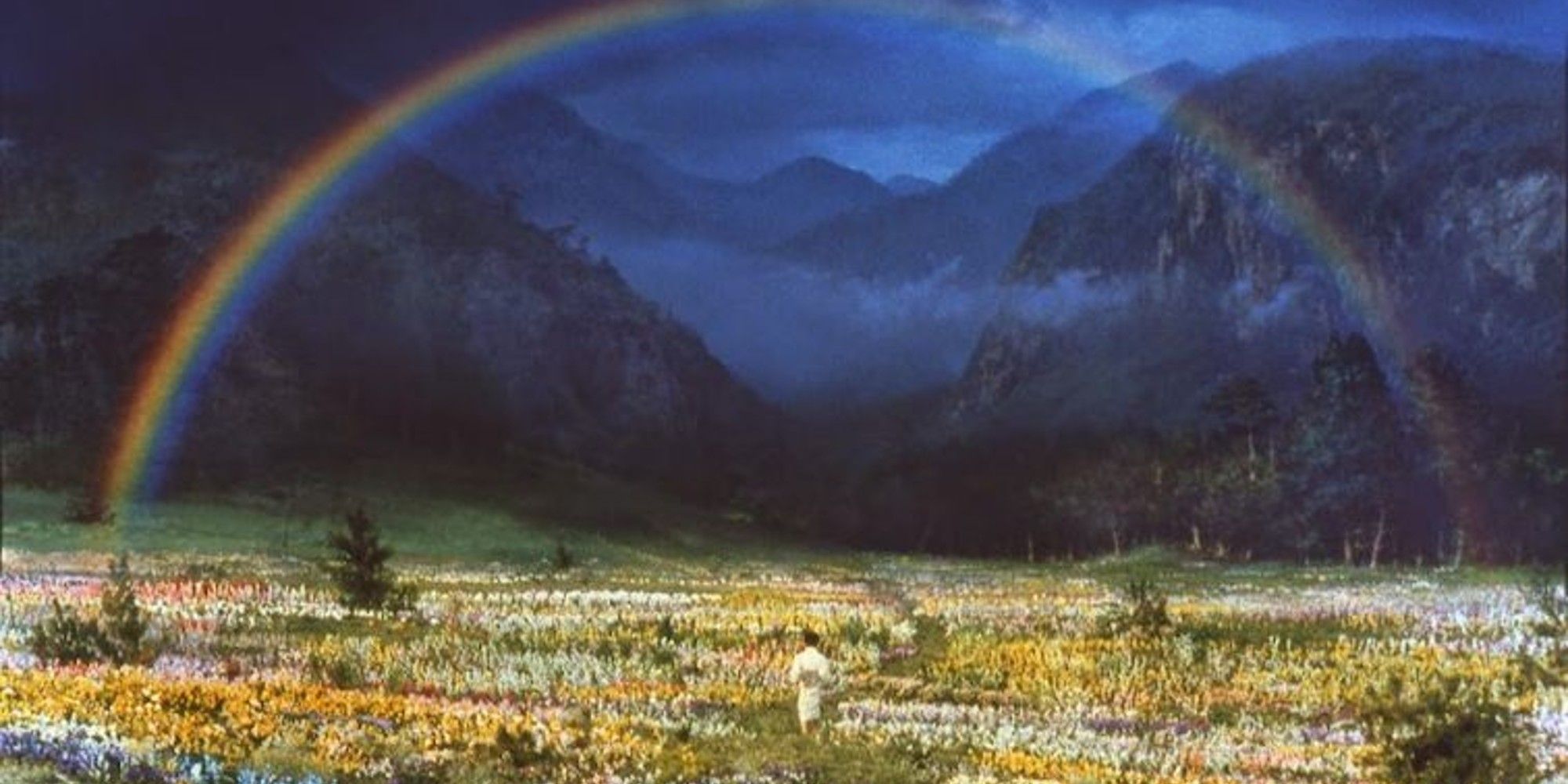Known best for his samurai pictures and his sprawling epics, Akira Kurosawa is one of the most influential and important filmmakers of his day. His work is so expansive and his reach so widespread that pretty much every filmmaker from around the world has borrowed something from his work at some point or another. Without him, we wouldn't have Star Wars, for example.
But while his samurai films like Seven Samurai, Ran, and Throne of Blood are his most popular and famous, Kurosawa was an incredibly versatile filmmaker, dipping his toes into numerous genres like heavy dramas, film noirs, experimental films, and even comedies. This wide range is part of the reason he was, and will forever be, one of the greats.
'No Regrets for Our Youth' (1946)
In the first few years post-World War Two, Akira Kurosawa spent much of his filmography grappling with the after-effects as well as going back and analyzing the war itself. No Regrets for Our Youth, one of Kurosawa's lesser known but equally transfixing works, follows a young woman in the midst of the war who falls in love with an anti-fascist, anti-war protestor.
The film is tender, loving, and also thought-provoking as it asks questions about how much power civilians actually have in an oppressive environment. In a lot of ways though, it feels like Kurosawa himself grappling with the war and his own reactions to it, and because of that you see much of him come through the character of Ryukichi Noge, who is still one Kurosawa's most fascinating individuals.
'Drunken Angel' (1948)
While it's most notable for being the first of many, many collaborations between Kurosawa and Toshio Mifune, Drunken Angel is also a great film in its own right. Kurosawa decides to make his version of a classic yakuza film which follows an underground doctor who mainly treats yakuza.
The resulting film is a classic, featuring all the hallmarks of a classic crime film - betrayal, dramatic reveals, and strong bursts of bloody violence. Much of its influence can be felt in modern yakuza films as well as the popular Yakuza video game series, and while its overall plot is a little predictable if you are familiar with those beats there is a craftsmanship that is impossible to not appreciate.
'Ikiru' (1953)
A simple tale of making the most of your life before your end, Ikiru is a somber yet shockingly heartwarming film about a man who is reaching the end of his life. The film's genesis was the result of Kurosawa wanting to explore what it would be for a man to know that they have very little time left to live, and it ended up being the collaboration between Kurosawa and Hideo Oguni who would go on to be one of his most important screenwriters.
Ikiru is quietly one of Kurosawa's best, if not his absolute best film. It's not only a rumination on the meaning of life as well as trying to find some kind of peace in death, but also explores Japanese bureaucracy through the lead character's job and how it is unconcerned with the people around them. It's a powerful film, and the final shots of the film are equally thought-provoking as they are beautiful.
'High and Low' (1963)
While Kurosawa had stepped into crime dramas numerous times before, it's his 1963 masterpiece High and Low that is one of his most unique and best. High and Low follows a wealthy executive of a shoe company who, during the buyout of a company, his son is kidnaped, and a ransom is demanded.
What follows is a police procedural involving dozens of characters, tense standoffs, and a high octane train scene that will leave you on the edge of your seat. But the real uniqueness of the film comes with how it's structured, with each act having a different protagonist in the steps to rescue the son - the first act being the CEO, the second act the police, and finally the third act following the kidnaper himself. This structure allows High and Low to be more than just a crime film, but also a Shakespearan-like drama of the highest form.
'Dreams' (1990)
One of Kurosawa's final films, Dreams is one of his most unique and obtuse films in his filmography, but also one of his most rewarding. A collection of fantasy-like vignettes, Dreams is reportedly based on a series of dreams that Kurosawa had throughout his life, no matter how bizarre or weird they can get.
And while it takes a while to get into it's groove, Dreams is a movie one doesn't understand, but experiences. The dream-like qualities of the film are played up for obvious reasons, and one is almost reduced to a trance while watching it. The gorgeous cinematography is to die for as well, and if you still aren't sold there is a scene where Martin Scorsese plays Vincent van Gogh, which is worth the price alone.

